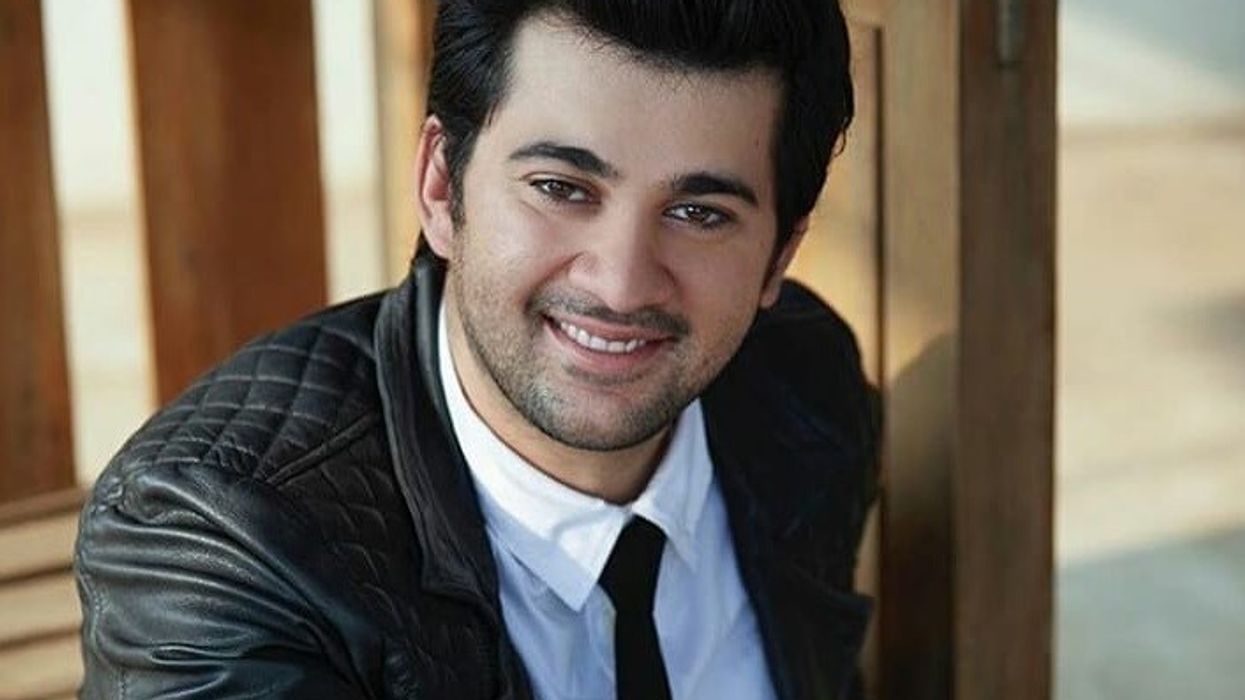Karan Deol says that the underwhelming response to his debut film Pal Pal Dil Ke Pass (2019), directed by his father, Sunny Deol, was difficult to process. However, he has now moved on and feels inspired by his family members, including grandfather Dharmendra as well as uncles Bobby Deol and Abhay Deol, who never gave up despite many setbacks.
“The outcome of Pal Pal Dil Ke Paas was kind of difficult. Unfortunately, I could not get back to work because the lockdown happened and I was sitting at home, like everyone. I thought to myself that I have got time to improve myself and hone my craft and not give up. I have an example in my house of people who have not given up. So, I have learned from them not to give up,” Karan told a newswire.
The actor said that he has realised that there will be ups and downs throughout his career. “That is life. This (acting) is what I love and this is what I want to do. So, one bump on the road is not going to stop me from achieving my dreams,” he added.
Karan said that he enrolled in online acting workshops, worked on his dialogue delivery and body language in the last one and a half years when the country was locked down due to the coronavirus pandemic.
“None of us are perfect and we all are constantly improving. This is what my grandfather says to this date. Despite all his achievements and accomplishments, he is still learning as an actor and that learning never stops.”
Currently, Karan is busy promoting his next release Velle, a remake of the Telugu film Brochevarevarura (2019). It also has his uncle, Abhay Kapoor, in the lead role. Velle is backed by Ajay Devgn and is set to release on December 10.




